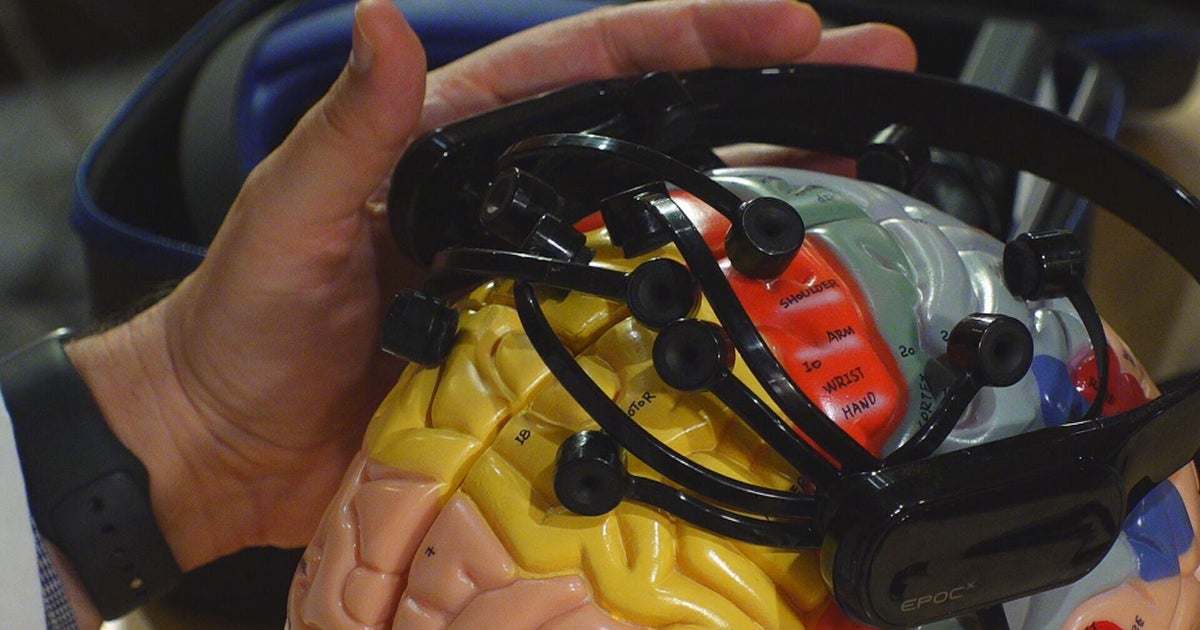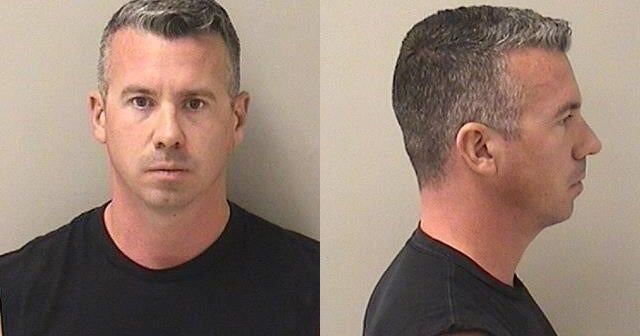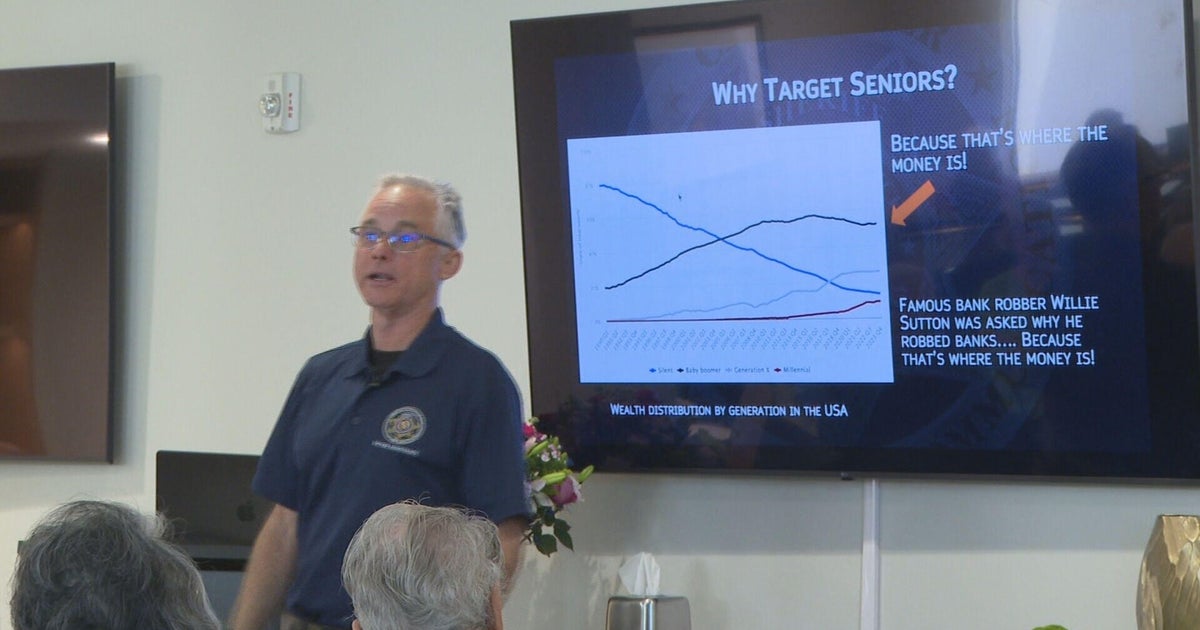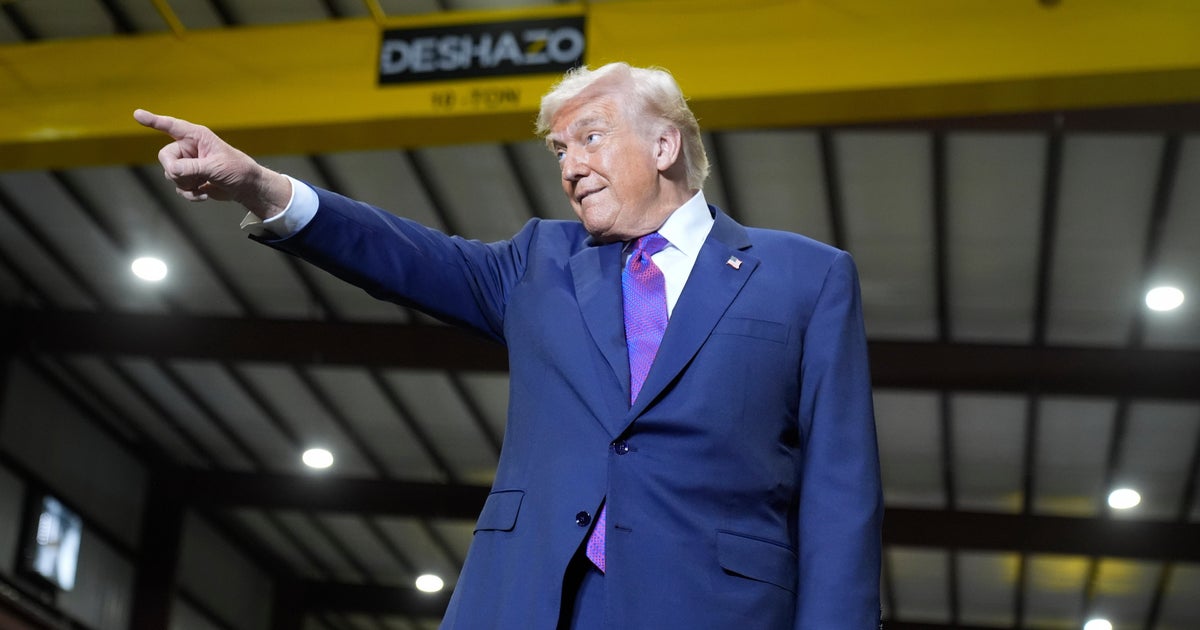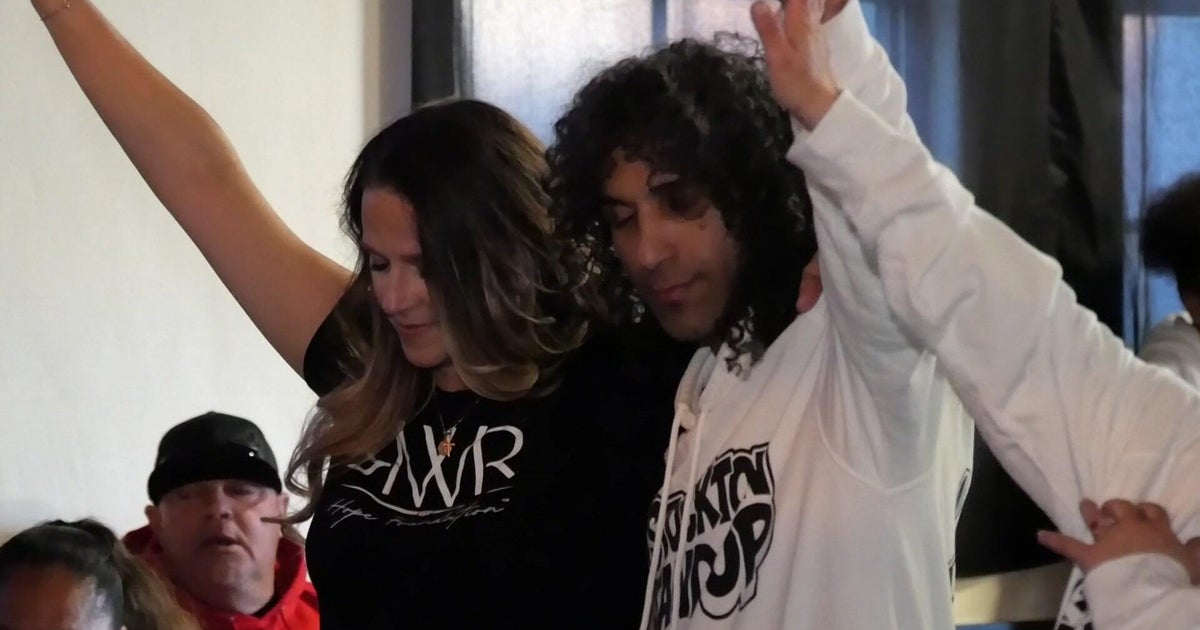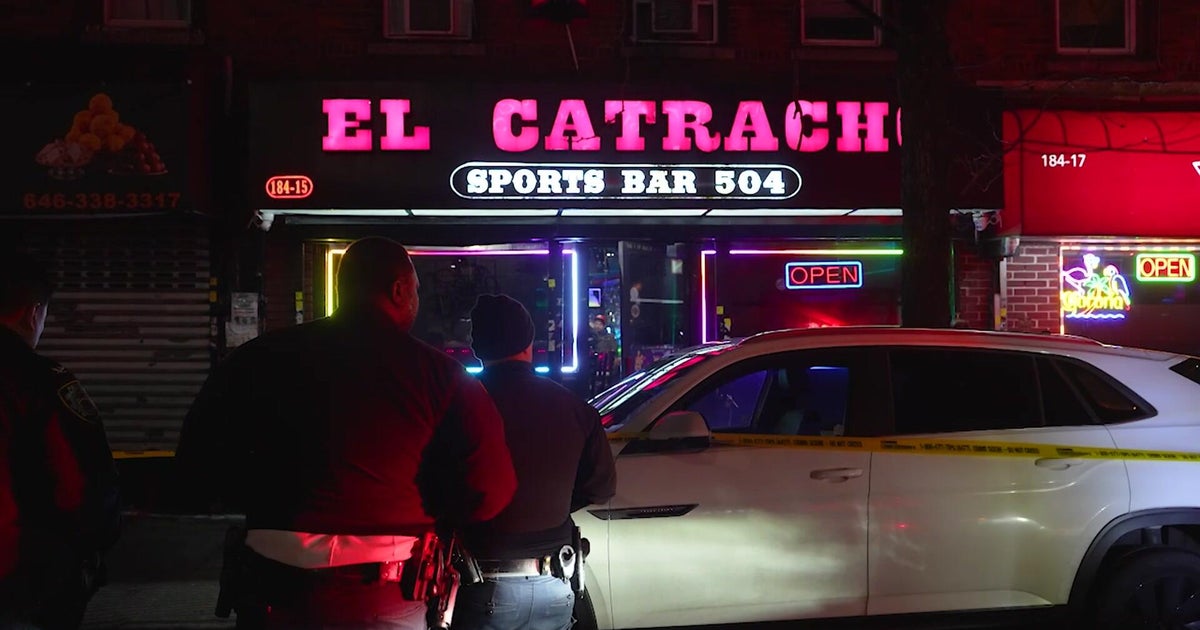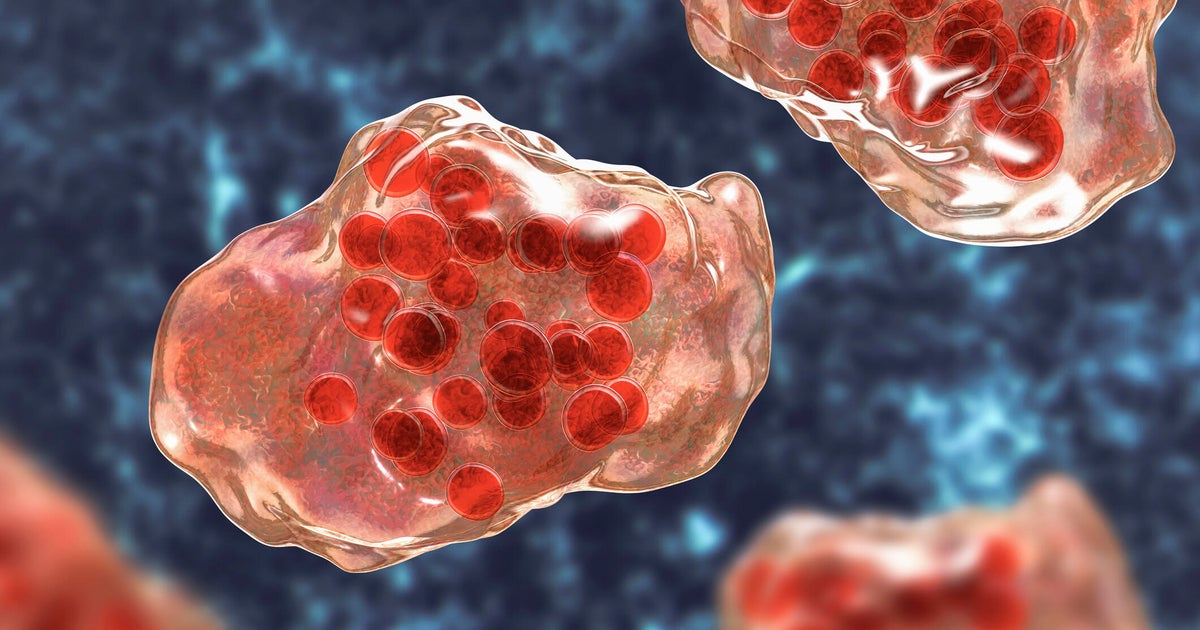'It's A Form Of Prevention,' Doctors Tout HPV Vaccine In Fight Against Several Cancers
NEW YORK (CBSNewYork) -- In an unusual move cancer centers around the country have called for more children to be vaccinated for HPV.
Doctors believe it could help prevent tens of thousands of cancer cases each year.
As CBS2's Dr. Max Gomez explained, there are benefits, but also resistance to the vaccine.
HPV stands for Human Papilloma Virus -- a sexually transmitted virus, so the HPV vaccine hits two hot buttons for parents; vaccines and sex.
Experts point out that it's the first and only vaccine that prevents cancer, so why wouldn't you want to protect your children?
Stella Sosnow, 10, will be getting shots to prevent HPV.
"I want to protect her against disease as much as I can," her mother Beth said.
Now, all 69 National Cancer Institute designated cancer centers have issued a statement urging more parents to get their kids vaccinated.
"We have less than 50 percent of girls who are completing the vaccine series and about 28 percent of boys," Dr. Electra Paskett, Ohio State University Comprehensive Cancer Center, explained.
CDC guidelines now recommend girls and boys, 11-12-years-old receive two doses of the HPV vaccine at least six months apart instead of the previously recommended three-part series.
Vaccination rates are thought to be low because some doctors are not strongly recommending the vaccine to patients.
"It protects against anal cancer, throat cancer, tongue cancer, penile cancer as well as cervical cancer. So the vaccine is the only tool we have right now to prevent those cancers in our children," Dr. Monique Araya explained.
There are 14-million new cases of the sexually transmitted virus every year, still many parents are uncomfortable because they fear the vaccine will somehow encourage their child to become sexually active. Studies disprove the notion.
"They looked over a thousand girls who received the vaccination, and there was actually no increased risk of starting to have sex at an earlier age," Dr. Pina explained.
The point is to protect them before they become sexually active.
"It's not that they're having sex, it's a form of prevention, you know? If I can prevent my kids from getting sick now that they're young, when they're older they won't have to be dealing with all this," Arlene Rivera said.
The shot is more effective the earlier it's given, so if a child hasn't been vaccinated by age 15, then the recommended protocol is for 3 doses.
The vaccine is for prevention, so it won't cure an existing infection, although it might keep one from getting a different strain of the virus -- there are more than 100.
HPV vaccines have been on the market for over 10 years, and more than 90-million doses have been given. While there have been some reports of adverse effects, most were the usual vaccine related pain, malaise, and tenderness at the injection site, a few teens also fainted, but the big plus is effectiveness.
